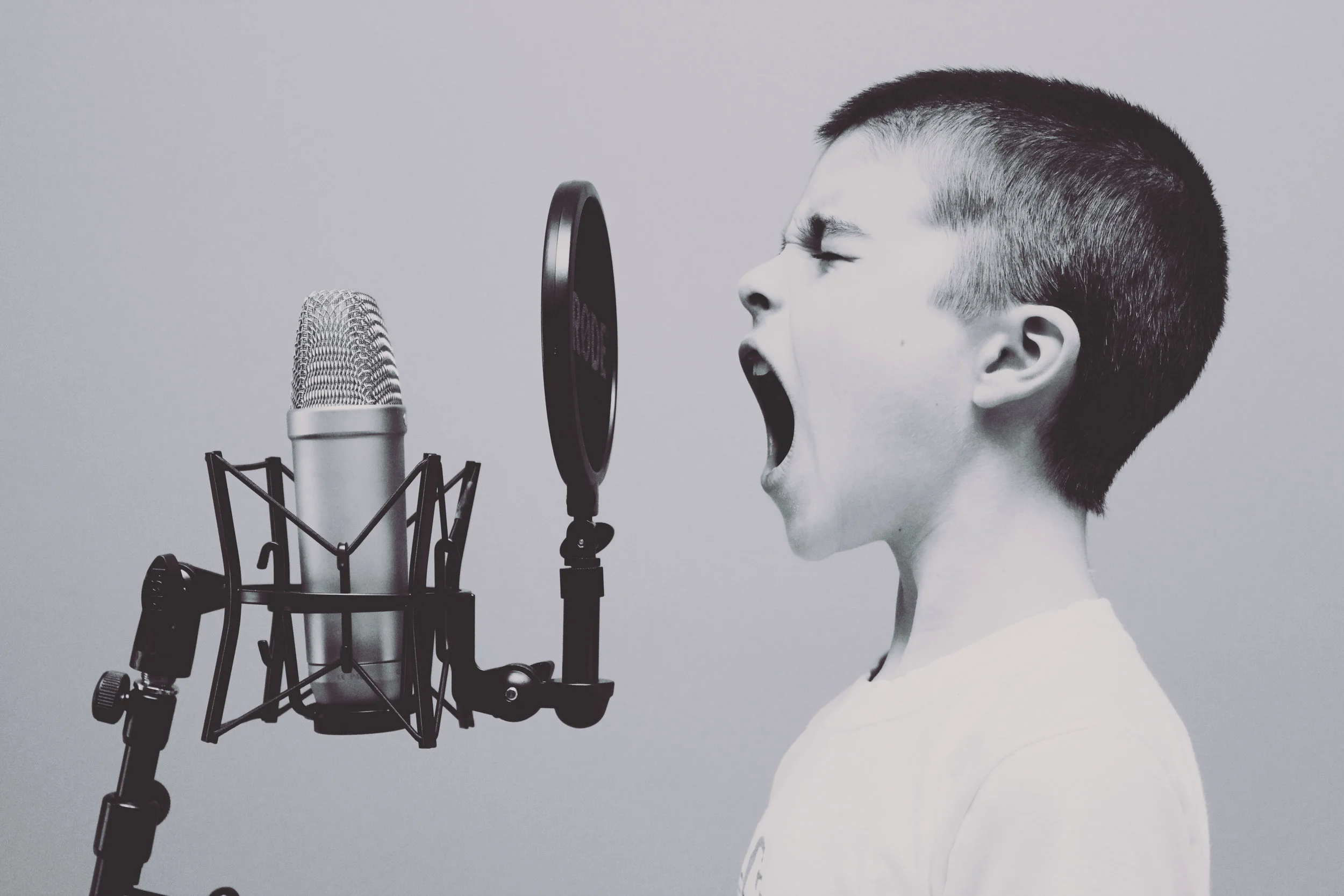E21. "Prohibition" - Can you blame an addict for not following the law?
Named “Top 15 Podcast” for 2020!
STORY SUMMARY: Set in the future, an addict takes a cab to an isolated part of town. He goes to a private, illegal club to break the law; he orders meat. The club is raided by the police, who kill a patron during their interrogation of her. The meat-eating addict sneaks away, knowing he will break the law again.
DISCUSSION: Story with so many layers. First, the contrast between the “humane” society that has banned meat eating, but the brutality of the individual police. Do more serious laws allow for more brutal policing? Also, is this man protesting, or is he simply an addict? Seems to be just be an addict. Are there natural rights? If so, is eating meat one of those natural rights? Does it matter if the reason the law was passed was to protect animals, or to prevent climate change? If a law is passed you disagree with, does it change your behavior? Do you leave the party where they are eating meat? Does it depend on the level of the crime they are committing?
BOOK LINK: Download the accompanying short story here.
MAGAZINE: Sign up for our monthly magazine and receive short stories that ask ethical and philosophical questions.
SUPPORT: Support us on Patreon.
FOLLOW: Twitter, Instagram, Facebook
Read More